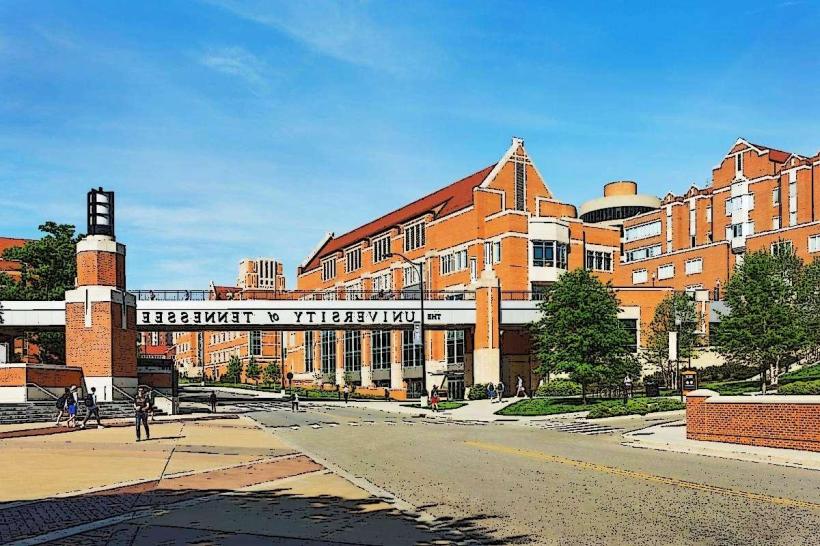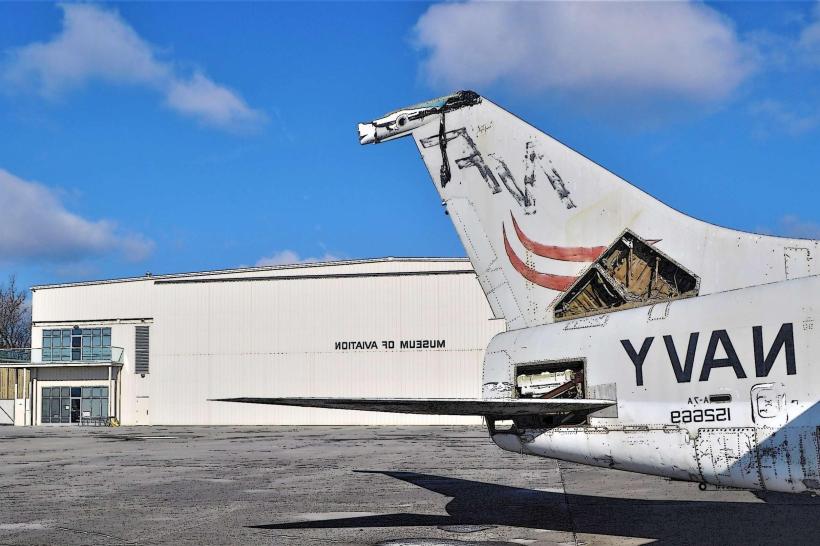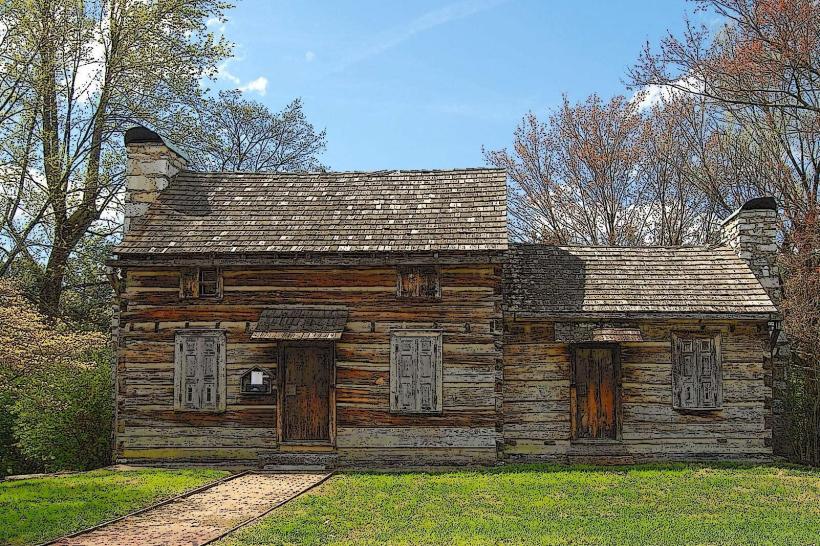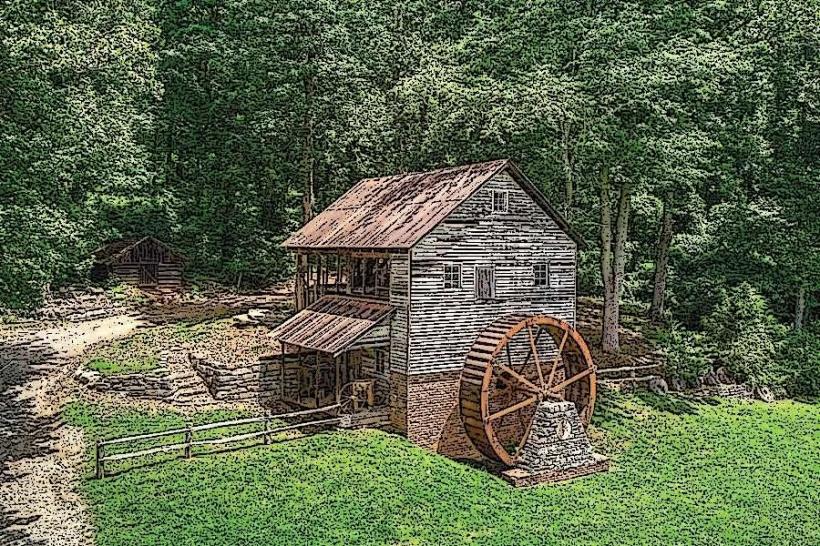Information
Landmark: Tennessee Museum of TransportationCity: Knoxville
Country: USA Tennessee
Continent: North America
Tennessee Museum of Transportation, Knoxville, USA Tennessee, North America
Overview
I think, You’ll find the Tennessee Museum of Aviation at 135 Air Museum Way, right on the Gatlinburg–Pigeon Forge Airport grounds in Sevierville, Tennessee, where gleaming propellers catch the sunlight, as well as it’s a lively salute to Tennessee’s deep aviation roots, spotlighting military aircraft, daring pioneers, and the innovations that powered both the state’s skies and the nation’s.From what I can see, Founded in 2001, the museum has become a vibrant hub of culture and learning, drawing aviation fans, history lovers, veterans, families, and curious travelers from all over the region-some coming just to stand beneath the gleaming wings of its restored planes, simultaneously first, maybe The museum began with the vision and hard work of R, a passionate aviation enthusiast and generous philanthropist who once stood on a windy airfield dreaming of preserving flight’s history, therefore neal Melton worked with the Tennessee Aviation Hall of Fame, now part of the museum, created to honor people whose work in aviation left a lasting mark-like the roar of a first test flight echoing across the runway.The institution aims to safeguard and showcase Tennessee’s spot in aviation and aerospace history, spotlighting military aviation while also featuring civilian aircraft and hands‑on educational programs, from gleaming fighter jets to weathered training planes, equally important number two.The Tennessee Museum of Aviation spans about 50,000 square feet, with most of it split between two main sections, and in the Exhibit Gallery, a cool, climate-controlled room, visitors can browse aviation artifacts, faded pilot uniforms, and displays that bring flight history to life.To be honest, The Aircraft Hangar: a sprawling, heated space of roughly 35,000 square feet, where polished vintage planes gleam under dazzling overhead lights alongside rows of classic aviation gear, in addition the museum’s design draws you into aviation history, letting you stand close enough to catch the gleam of an antique propeller and try out interactive displays that make the past feel alive.Number three, to boot exhibits and collections, from rare books to weathered coins, fill the space, loosely At the heart of the museum is a striking mix of operational and static aircraft, with most hailing from military warbird history-polished metal gleaming under the hangar lights, as well as this collection stands out for featuring some of the rarest, most iconic aircraft from mid‑20th‑century American wars, including two airworthy P‑47 Thunderbolts-massive World War II fighters so scarce that fewer than a dozen still take to the skies today.The P-47 was a workhorse, guarding bomber formations high over Europe and swooping low for blistering ground attacks in the Pacific, at the same time the Douglas A-1H Skyraider was a rugged attack plane that flew countless missions in Korea and Vietnam, prized for its ability to linger over the battlefield and unleash heavy fire on target.The MiG-17, a Soviet-built jet fighter, flew in combat during the icy War and the Vietnam War, often streaking past U, subsequently s.Pilots as the enemy in those skies, subsequently the North American B-25 Mitchell, a twin‑engine medium bomber, gained fame in 1942 during the Doolittle Raid, roaring low over Tokyo as a bold emblem of American air power in World War II.The OV-10 Bronco is a nimble light attack and reconnaissance plane, built for spotting enemy movement and guiding air strikes, often banking low over dusty terrain, simultaneously you’ll also observe trainer aircraft such as the T-6 Texan, nimble light utility planes from Beechcraft and Cessna, and a mix of helicopters thumping overhead.During special events, visitors might spot these warbirds rumbling down the runway or soaring overhead, since the museum sits on a working airfield, likewise b, relatively Step inside the gallery and you’ll find the “Wave Wall,” a sweeping 52‑foot mural that charts aviation’s journey-from the Wright brothers’ sputtering 1903 flyer to the sleek jets of today, as well as pilot uniforms neatly pressed, medals gleaming under the lights, alongside engine models and sleek avionics.The “Faith and Courage” exhibit shines a light on military chaplains, showing how they stood beside airmen in wartime-offering prayers in dimly lit tents and words of comfort before missions, not only that artifacts honoring Tennessee’s aviation heroes, including Hall of Fame inductees-like a weathered pilot’s logbook filled with faded ink.Believe it or not, Number four, meanwhile at the heart of the Tennessee Aviation Museum is its Hall of Fame, where the stories of pilots, engineers, military veterans, and bold innovators who’ve shaped the state’s skies are celebrated-sometimes alongside a worn flight jacket or a weathered set of wings.Not surprisingly, Inside the Hall of Fame, you’ll find biographical displays and portraits of each inductee, some framed in polished walnut, not only that trophies and framed certificates that honor their achievements.Resources that explore how Tennesseans shaped aviation-from designing cutting‑edge technology to serving in the military and flying commercial planes, even down to the hum of an engine on a tiny-town airstrip, and five.The Tennessee Museum of Aviation reaches out to schools and the community with hands-on programs, including guided tours led by veteran volunteers who bring history to life with personal stories and the hum of a well-tuned engine, along with schools design STEM-focused programs that let students grasp aviation principles-for example, exploring how a wing slices through the air.Special events include Veterans Day celebrations, thrilling aircraft demo days, and fun activities the whole family can enjoy, as a result visitors can slip into cockpits-especially the A-4 Skyhawk-feeling the cool metal under their hands and getting a true hands-on experience.Number six, and visitors can explore the museum any time of year, most often from Tuesday to Saturday, though hours shift with the seasons-sometimes the doors open late on crisp winter mornings.The ticket price is fair, and it lets you explore every exhibit and wander through the hangar’s echoing walkways, at the same time it sits just north of Sevierville, a short drive from Pigeon Forge and Gatlinburg, so it’s an easy stop for anyone exploring the Smoky Mountains, in some ways With the active runway right next door, visitors often catch sight of historic planes roaring into the sky or rolling in to land, bringing a rush of energy to the visit, furthermore seven.By 2025, the museum plans to move to Lebanon Municipal Airport, where a larger, modern building will offer more exhibit space and cozy spots for visitors to relax, and this change lets the museum expand its collection, make room for more hands-on educational programs, and still safeguard Tennessee’s aviation heritage, from gleaming propellers to weathered flight logs, to some extent The Tennessee Museum of Aviation pulls you in with an immersive journey through flight’s history and technology, showcasing one of the state’s finest collections of aircraft and artifacts, from gleaming WWII fighters to weathered pilot gear, moreover it blends military aviation history with hands-on exhibits and veterans’ personal stories, making it both a vital spot to learn and a lively cultural hub where you might hear the hum of an heritage propeller.With rare airworthy warbirds roaring overhead, detailed exhibits to explore, and programs that pull you in, it’s a region any fan of aviation, military history, or Tennessee’s proud role in aerospace shouldn’t miss.
Author: Tourist Landmarks
Date: 2025-10-06











